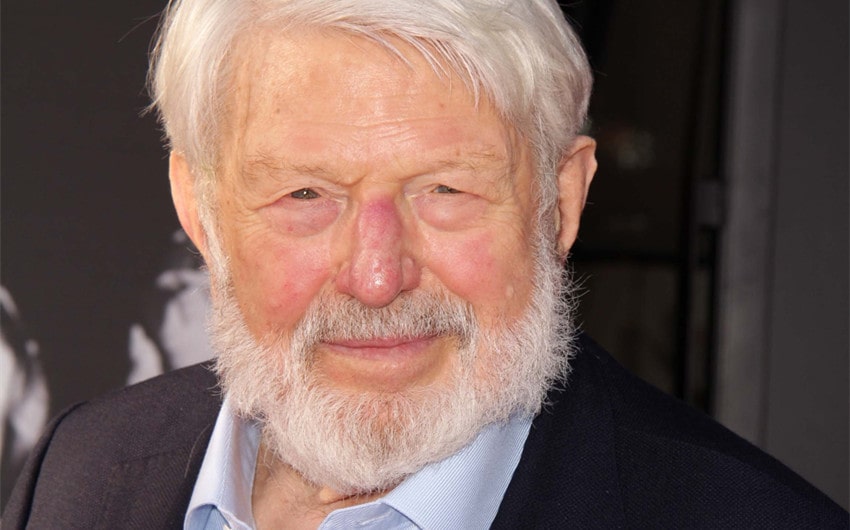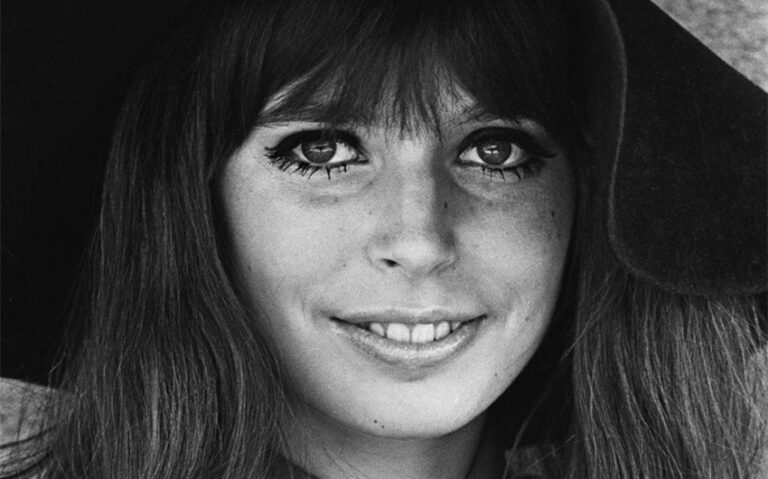Theodore Bikel’s Net Worth Reflects a Life of Art and Impact
What was Theodore Bikel’s net worth, and what does it say about a man whose name was more often associated with culture, conscience, and creativity than with cash? At the time of his death in 2015, Bikel’s estimated net worth was somewhere between $1.5 million and $3 million. But while that number gives a rough idea of his financial success, it only scratches the surface of his real value. Theodore Bikel was a rare figure in the world of entertainment—an actor, folk singer, writer, and activist who moved with equal ease between Broadway stages, film sets, political rallies, and concert halls. He built his career on depth, authenticity, and moral courage, and the legacy he left behind speaks far louder than any balance sheet.
Who Was Theodore Bikel?
Born in Vienna, Austria, in 1924, Theodore Meir Bikel was already navigating history by the time he turned fifteen. After the Nazi annexation of Austria, his family fled to Mandatory Palestine, where Bikel began performing in Hebrew and got his first taste of theater. He would later study acting at London’s Royal Academy of Dramatic Art, graduating with distinction and quickly becoming part of the post-war British theater scene.
Bikel’s career took off in the 1950s, when he began appearing in film and on stage in both the U.K. and the United States. His versatility and multilingual talents made him a go-to performer for roles that required depth and cultural nuance. He appeared in more than 150 television and film roles over the course of his career, including in The African Queen (1951), The Defiant Ones (1958), My Fair Lady (1964), and The Russians Are Coming, The Russians Are Coming (1966). He was nominated for an Academy Award for his role in The Defiant Ones, and his portrayal of Captain von Trapp in the original Broadway production of The Sound of Music further cemented his standing as a world-class actor.
But Bikel was far more than a character actor. He was a gifted folk singer who recorded and performed songs in more than twenty languages, from Yiddish and Hebrew to Russian and Spanish. His music catalog spans more than two dozen albums, many of them showcasing folk traditions from around the world. In addition to performing, he co-founded the Newport Folk Festival and shared stages with artists like Bob Dylan and Pete Seeger, blending music with messages of justice, identity, and cultural preservation.
Bikel also carried his conscience into the public square. He was a lifelong advocate for human rights, civil liberties, and labor rights. He served as president of Actors’ Equity Association and later as a board member for the American Jewish Congress and Amnesty International. He campaigned for Soviet Jewry, marched with Dr. Martin Luther King Jr., and consistently used his visibility to advance causes he believed in.
Through it all, Bikel remained active well into his eighties, touring with stage shows, giving concerts, publishing essays, and mentoring young performers. He lived a life that defied categorization—artist, intellectual, activist, entertainer—and each of these roles contributed not only to his net worth but to his broader impact on cultural life.
Theodore Bikel’s Net Worth: Public Estimates and Key Earnings
Theodore Bikel’s net worth at the time of his passing in 2015 was estimated between $1.5 million and $3 million. While not astronomical by Hollywood standards, this figure reflects a long, steady career built on quality, consistency, and international reach. Bikel’s income came from a variety of sources: stage and screen acting, music recordings and performances, royalties, book sales, and paid public appearances.
It’s important to note that Bikel’s career spanned more than six decades, during which the financial landscape of entertainment shifted dramatically. Unlike today’s celebrities who might earn millions for a single film or viral post, Bikel built his fortune gradually through regular work and loyal audiences.
Stage and Screen Acting
One of the most visible parts of Theodore Bikel’s career was his work in theater and film. On Broadway, he starred in the original production of The Sound of Music as Captain von Trapp—a role that earned him acclaim and commercial success. But perhaps his most iconic stage role was Tevye in Fiddler on the Roof, which he performed more than 2,000 times. His portrayal of the character was so beloved that for many fans, Bikel was the definitive Tevye, even beyond Zero Mostel.
These long-running theatrical roles not only established Bikel as a major name in American theater, but also provided a consistent income stream through union-regulated salaries, touring payments, and residuals. In film and television, his extensive resume of supporting roles in major motion pictures and network TV programs meant ongoing residuals and a high level of visibility that kept new offers coming in.
Because Bikel was a union member and later served in leadership positions, he benefited from structured pay scales and protections—ensuring he received fair compensation, health coverage, and pension benefits throughout his career. These contracts likely played a significant role in sustaining his financial stability over time.
Music and Album Sales
Theodore Bikel’s musical career was no side project—it was a core part of his identity and income. He recorded over 20 albums, specializing in traditional folk songs that highlighted the richness of global cultures. Unlike mainstream pop albums, folk music releases tend to have niche but highly loyal audiences. His multilingual performances gave him access to cultural festivals, religious events, and educational institutions across the world.
Concert performances were a regular feature of his career, and he frequently toured internationally. He was not only a performer but a musical storyteller, often weaving historical and cultural context into his shows. These concerts, many of them hosted by universities, community centers, and Jewish cultural organizations, helped create an additional revenue stream that continued even in the later decades of his life.
While folk music royalties are rarely high-volume earners, the consistency of sales and licensing—especially in educational and archival contexts—means his recordings likely contributed a reliable base to his income over time. His albums were often re-released or included in compilations that introduced his work to new audiences long after the original recordings.
Books, Speaking Engagements, and Legacy Roles
In addition to acting and music, Theodore Bikel also wrote and spoke widely about art, culture, and politics. His autobiography, Theo, published in 2002, chronicled his extraordinary life with both candor and wit. The book brought in modest revenue but, more importantly, opened doors for speaking engagements, lectures, and interviews that paid honoraria and reinforced his brand as a thoughtful public figure.
He was frequently invited to speak at conferences, universities, and civic events—often on topics like Jewish identity, Yiddish culture, and the responsibilities of artists in a democratic society. These appearances, while not typically high-paying in a celebrity sense, were a consistent source of income and gave him platforms to sell books, music, and tickets to upcoming performances.
Late in life, Bikel was recognized with numerous honors, including a star on the Hollywood Walk of Fame and a Lifetime Achievement Award from the National Foundation for Jewish Culture. These accolades didn’t come with financial prizes, but they reaffirmed his relevance and extended his influence across generations.







